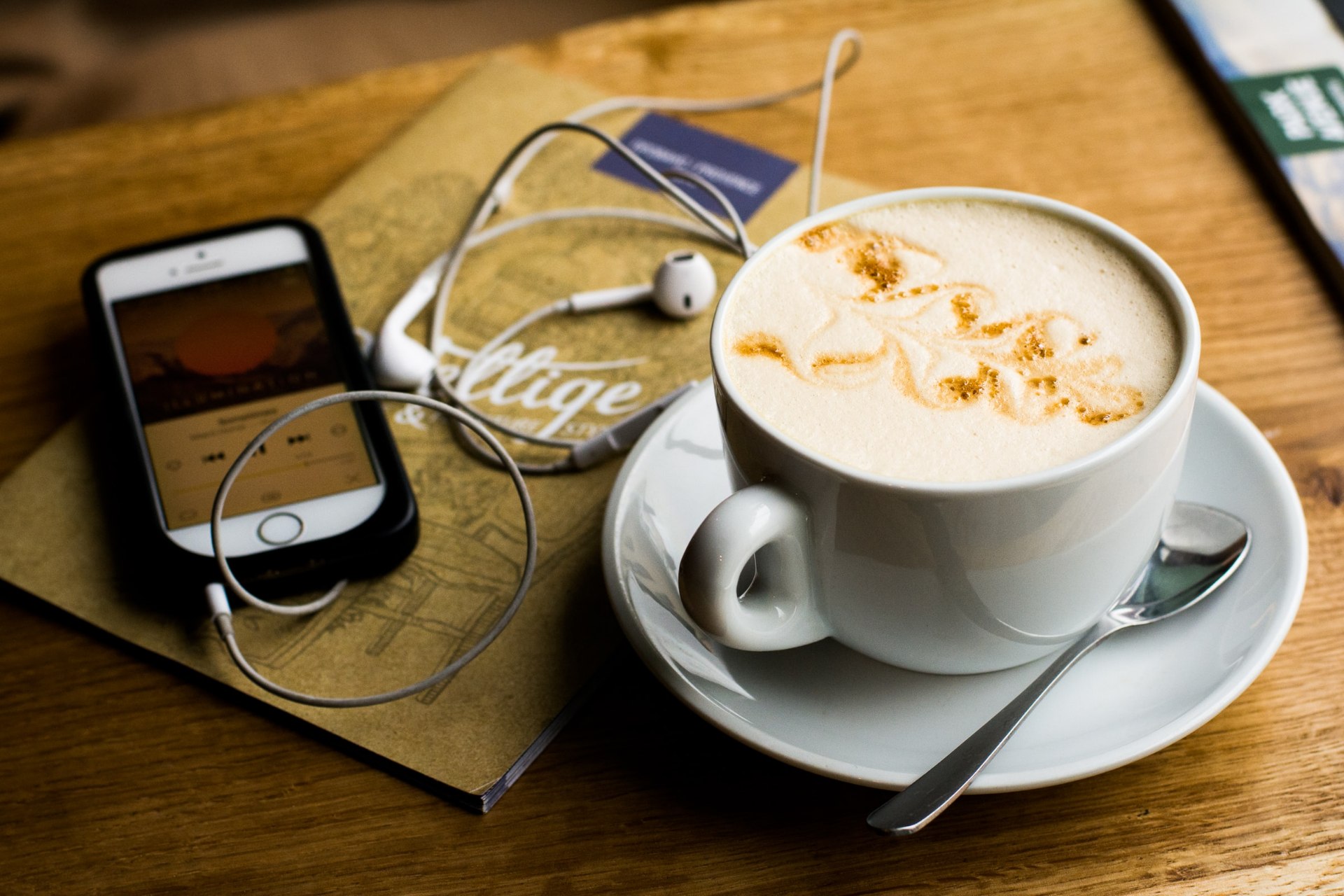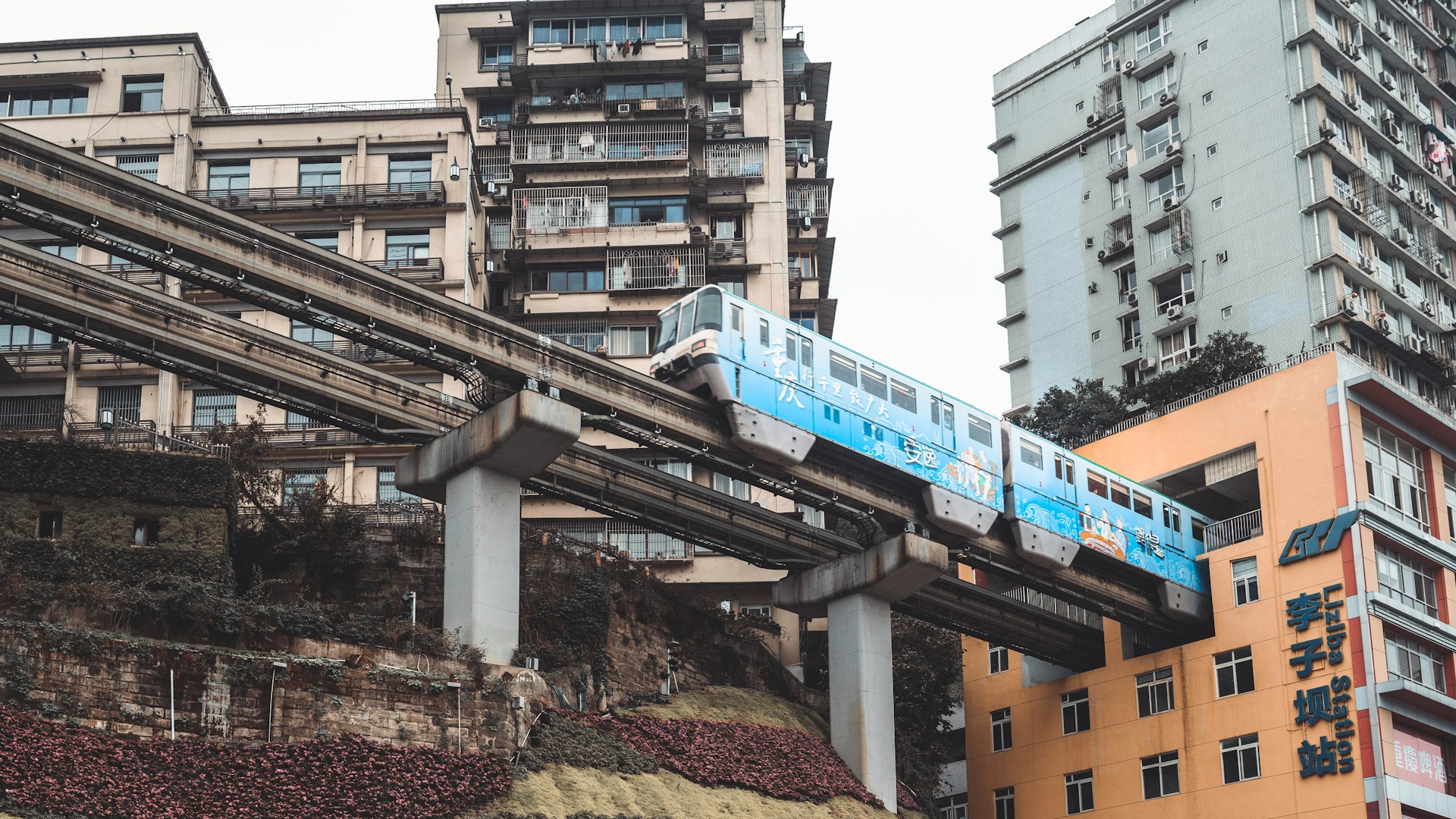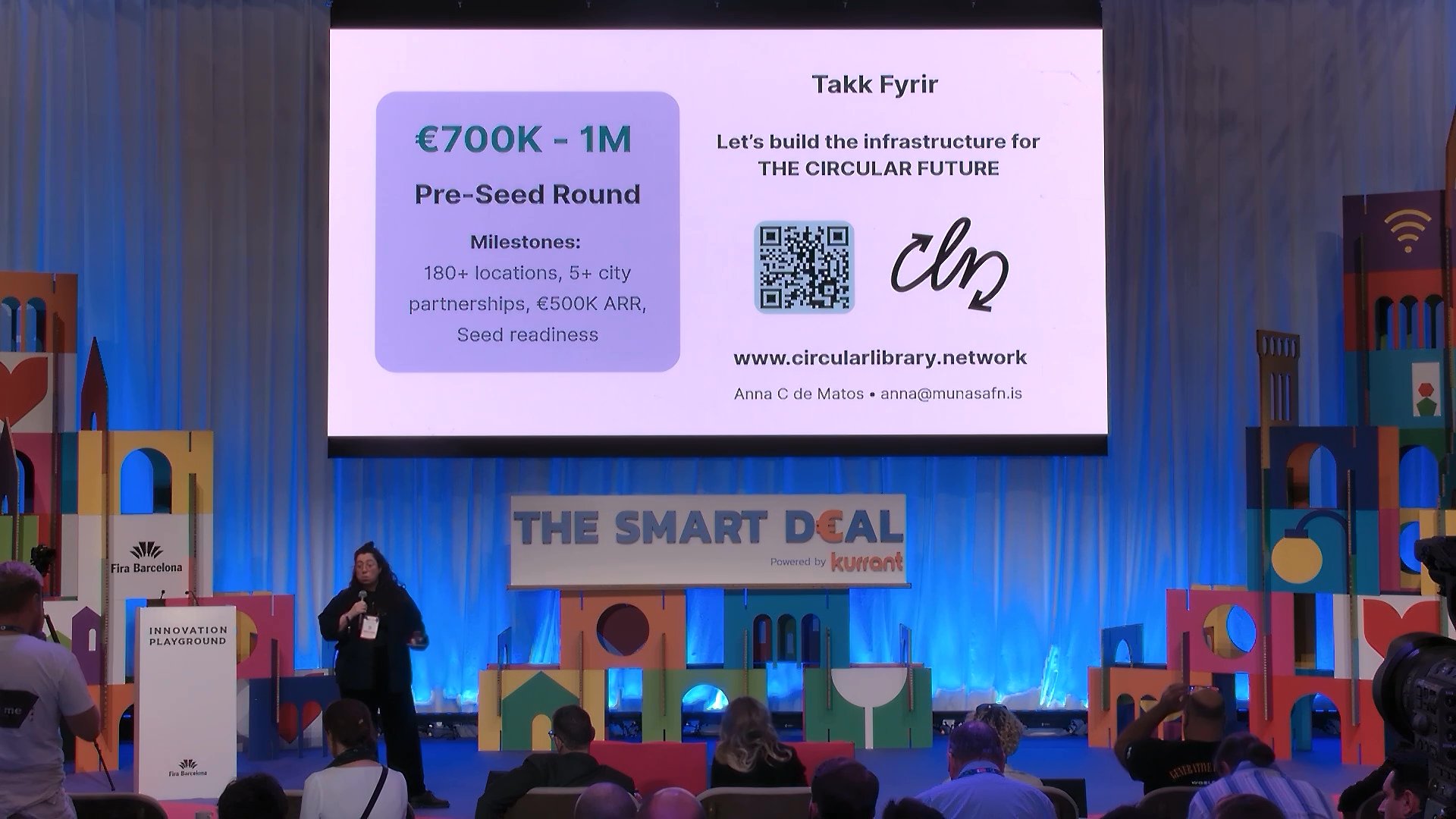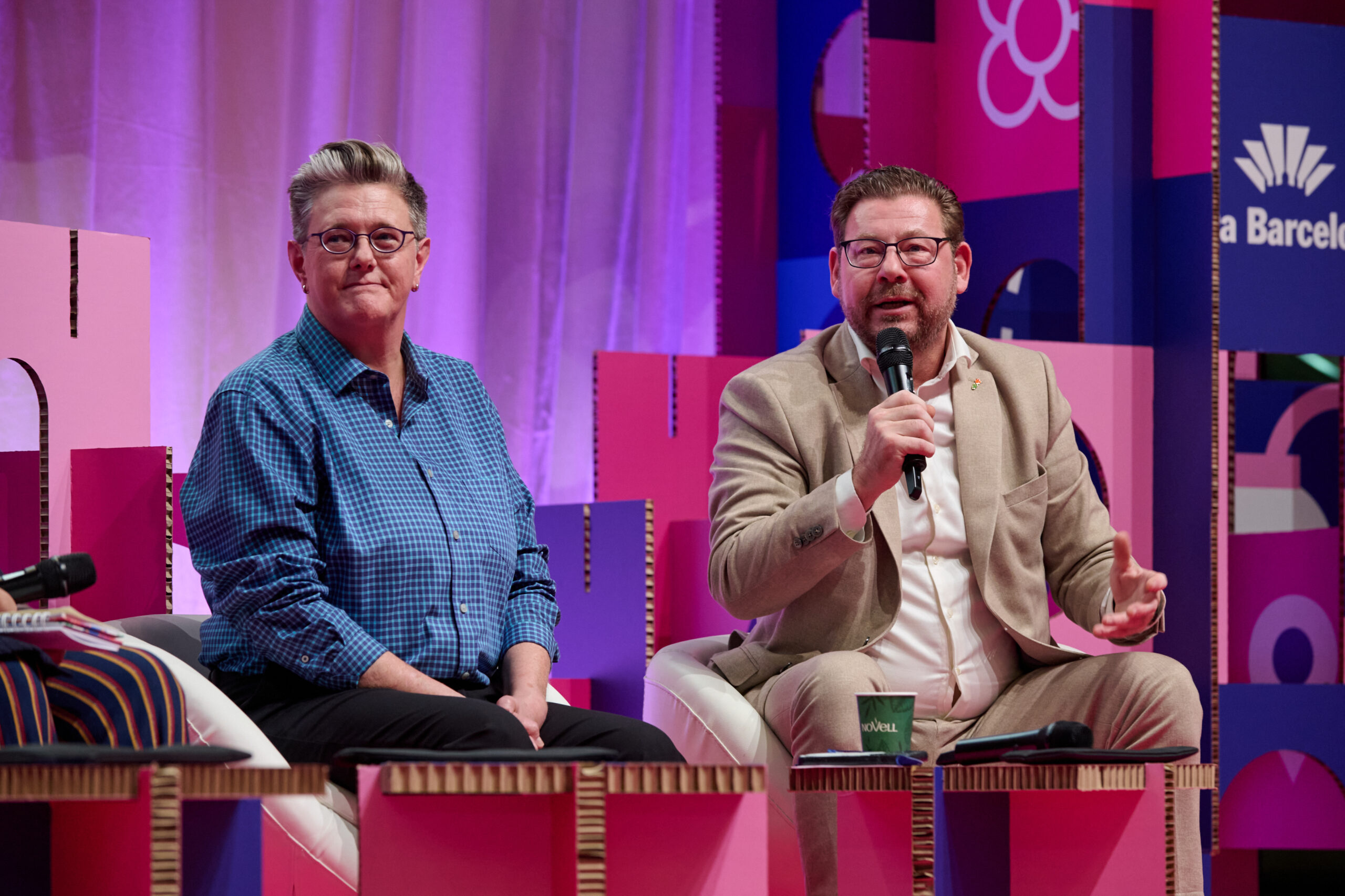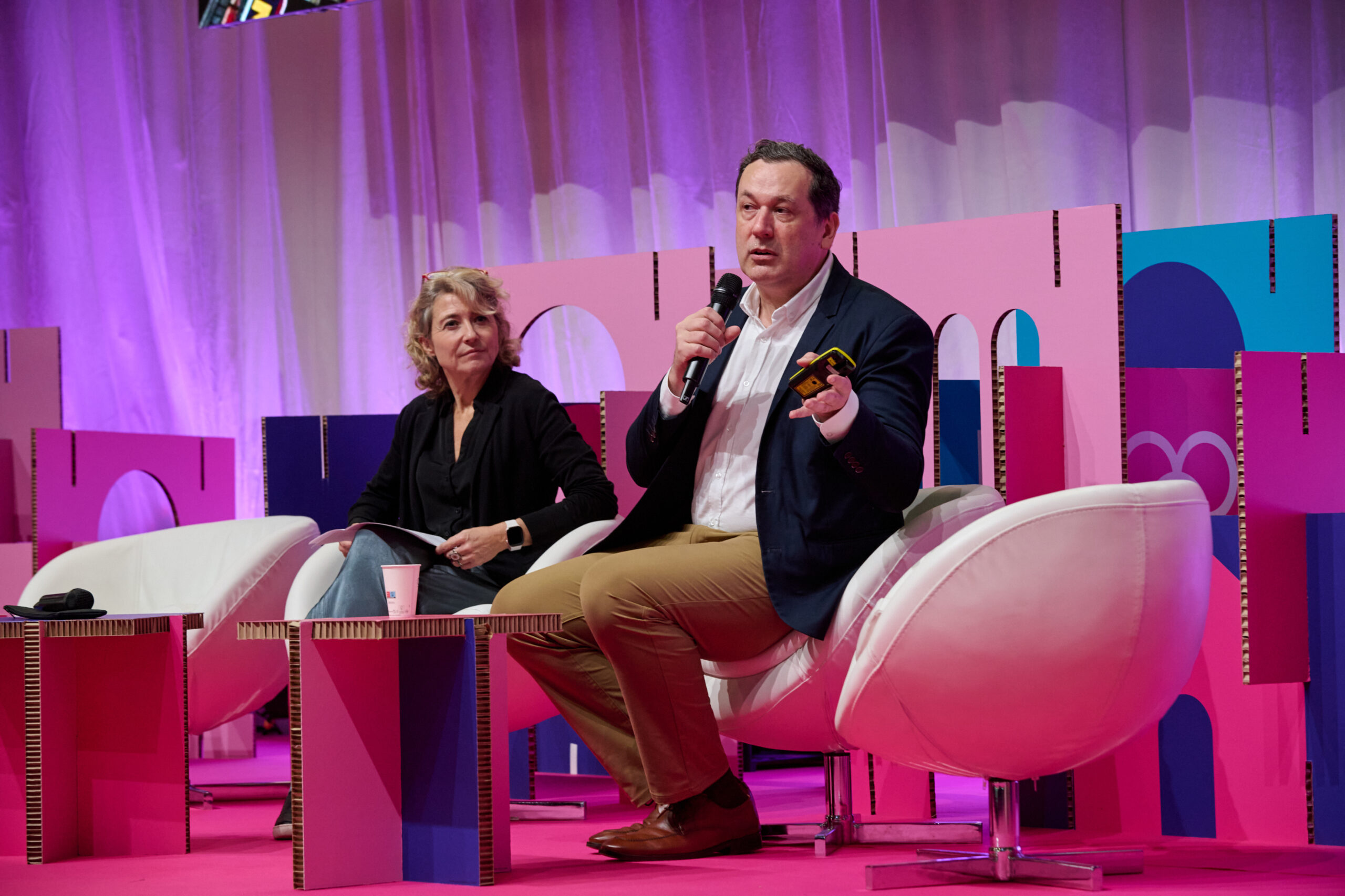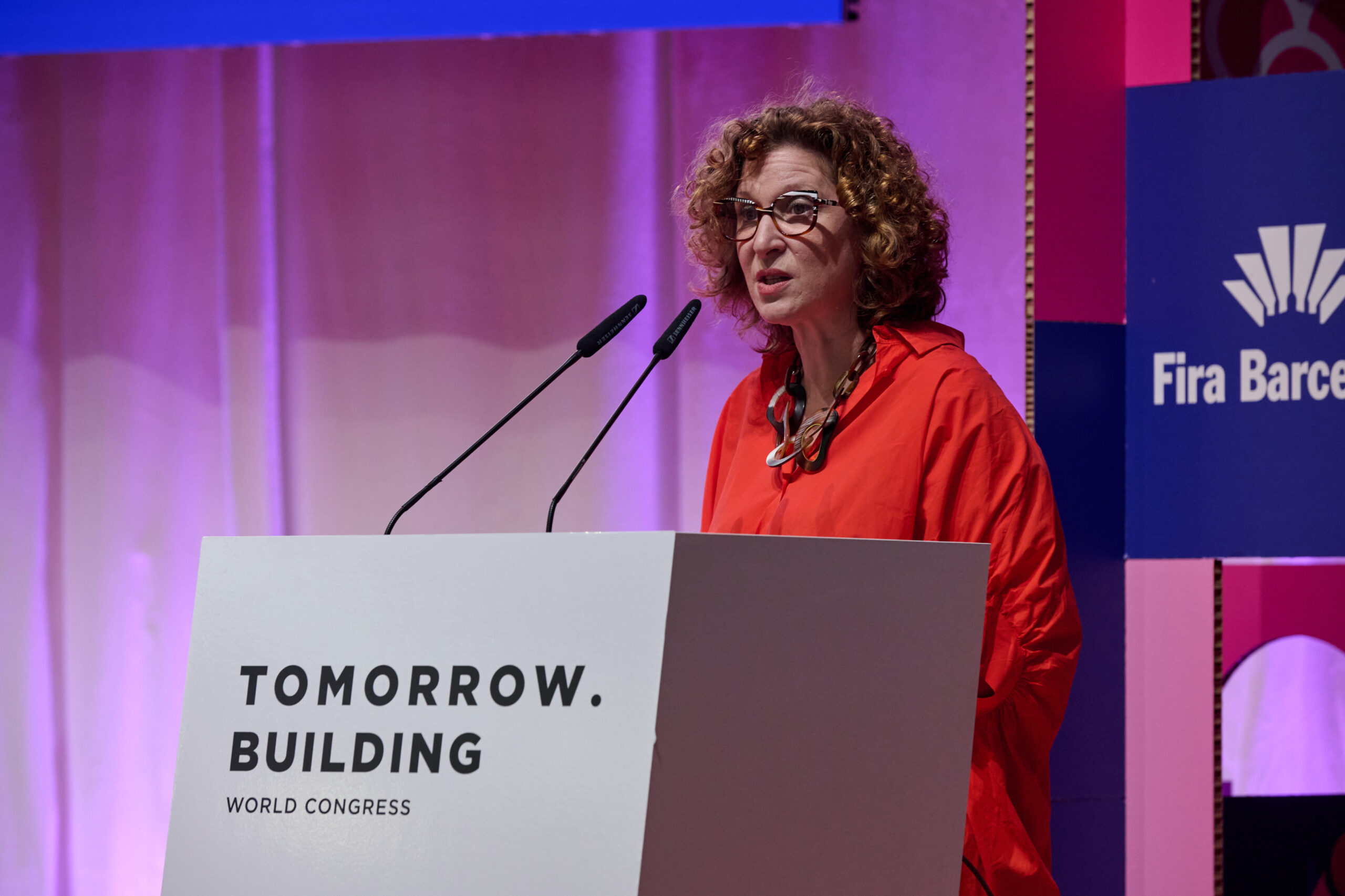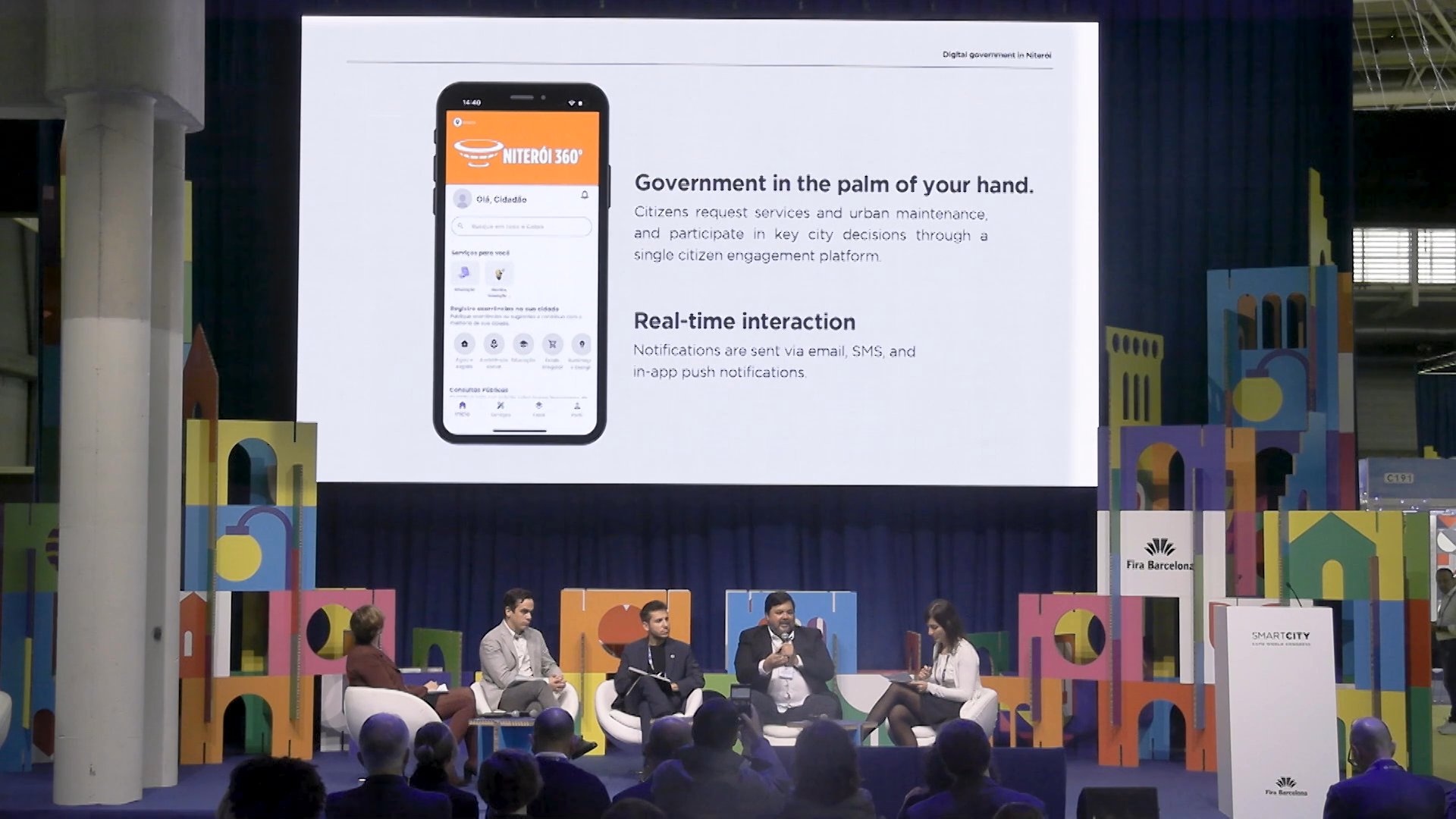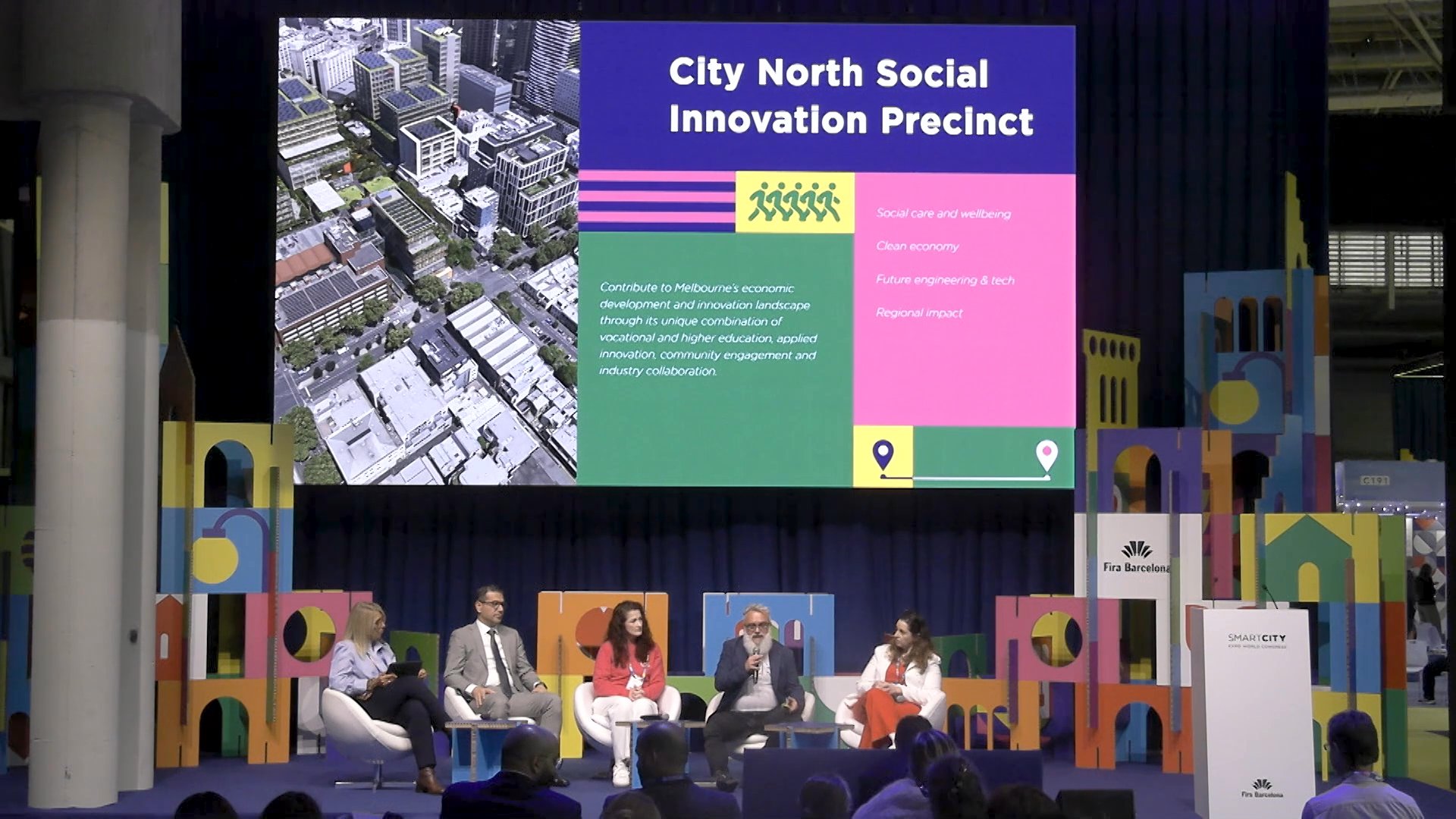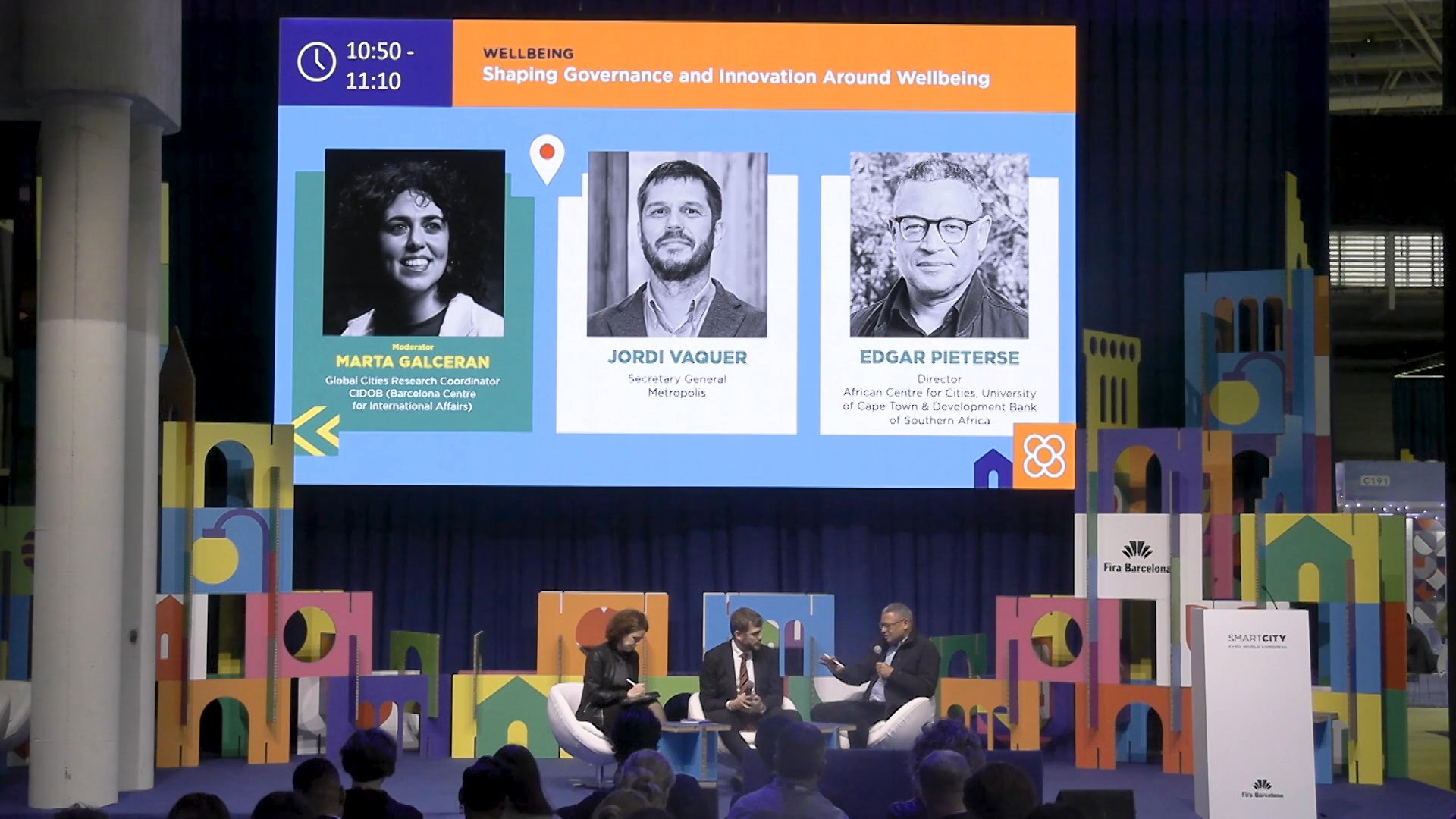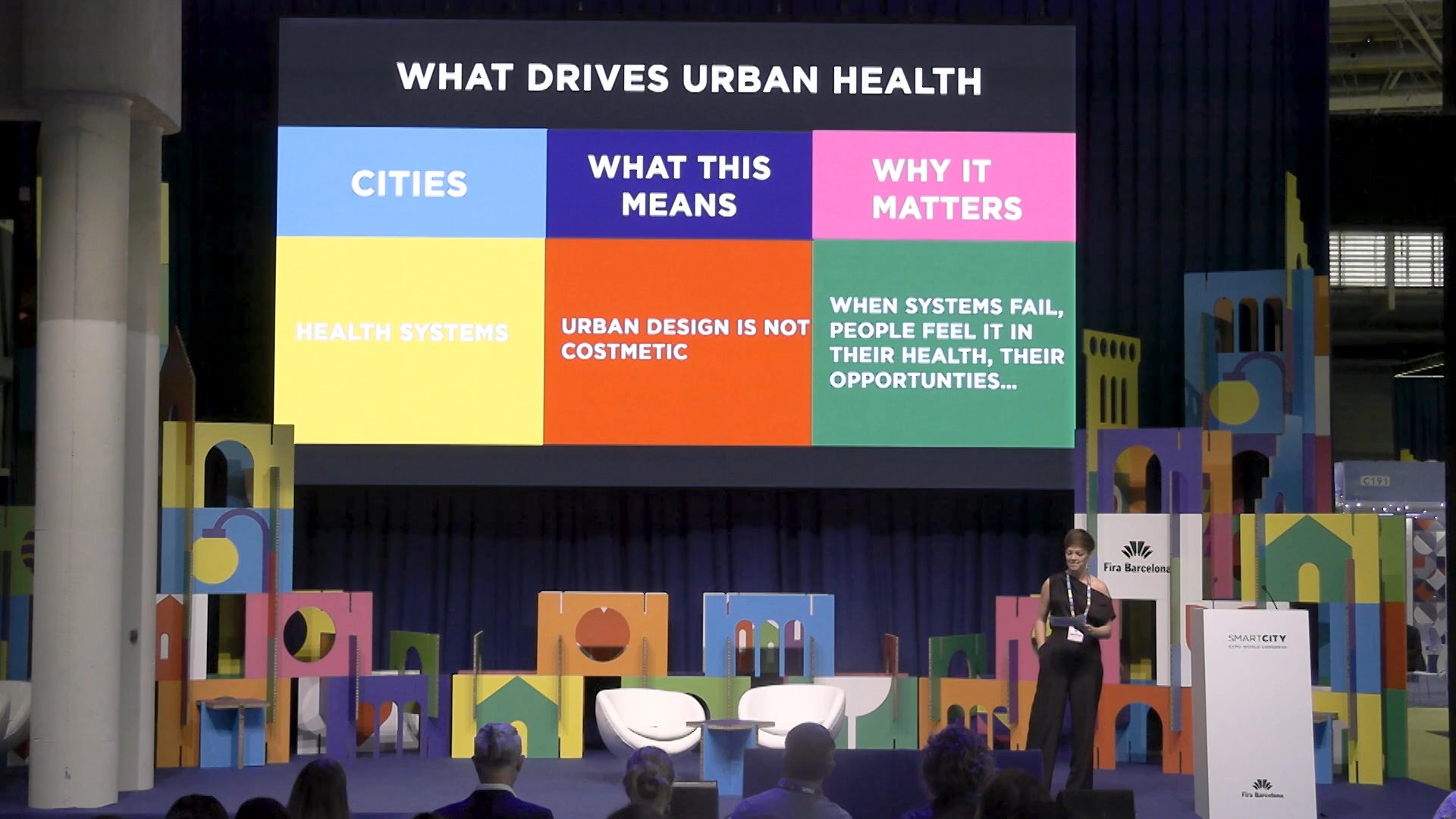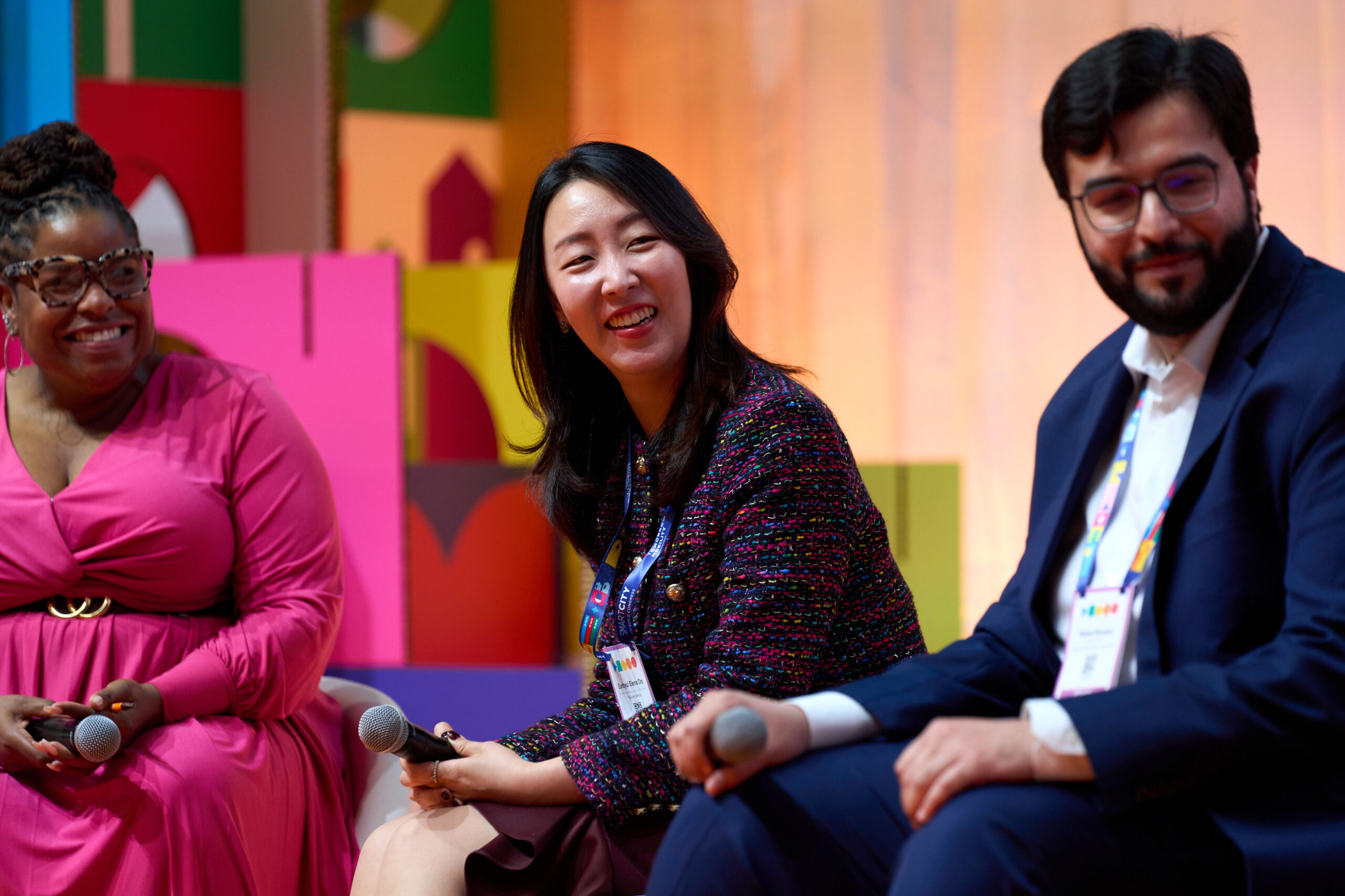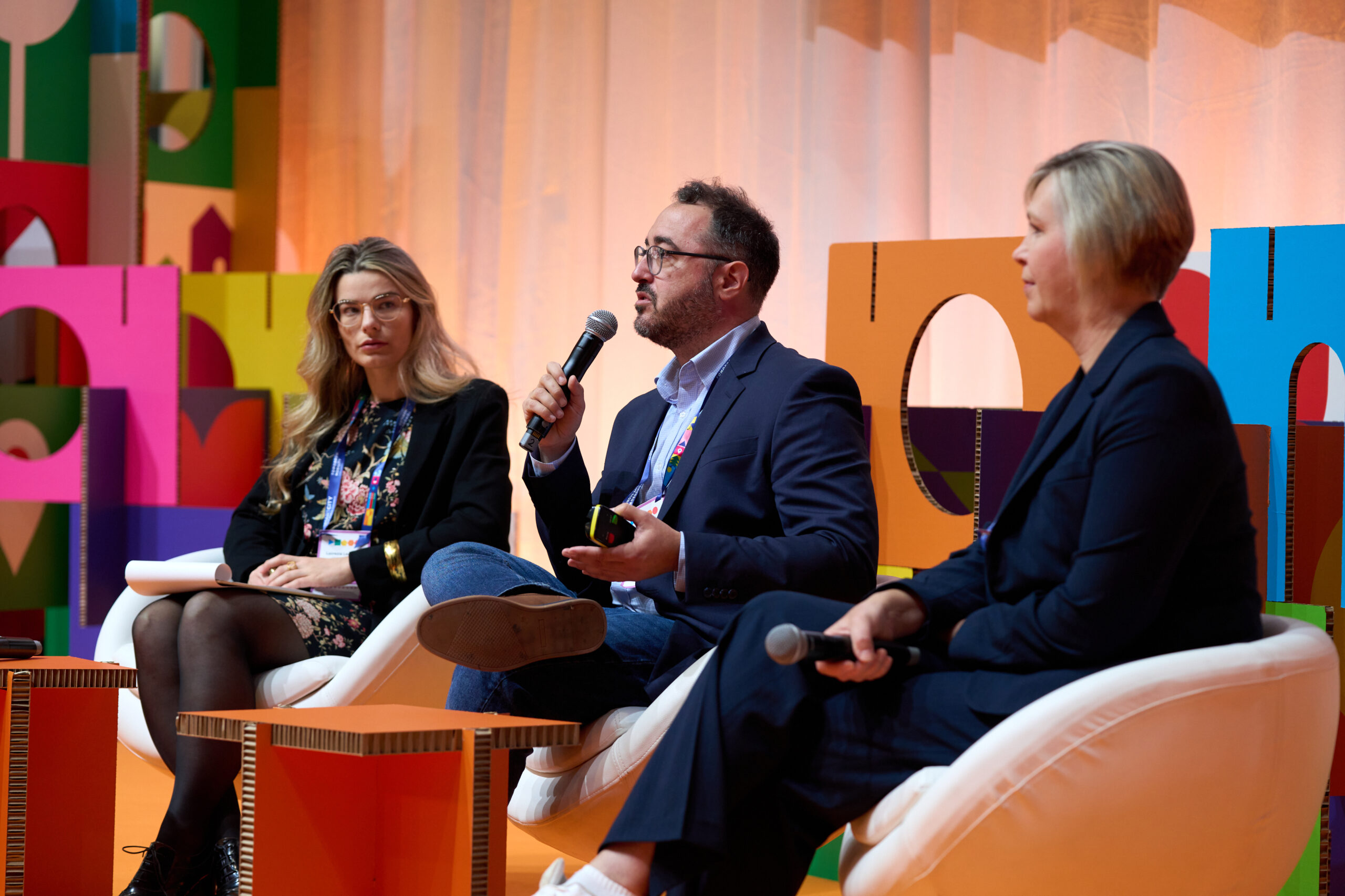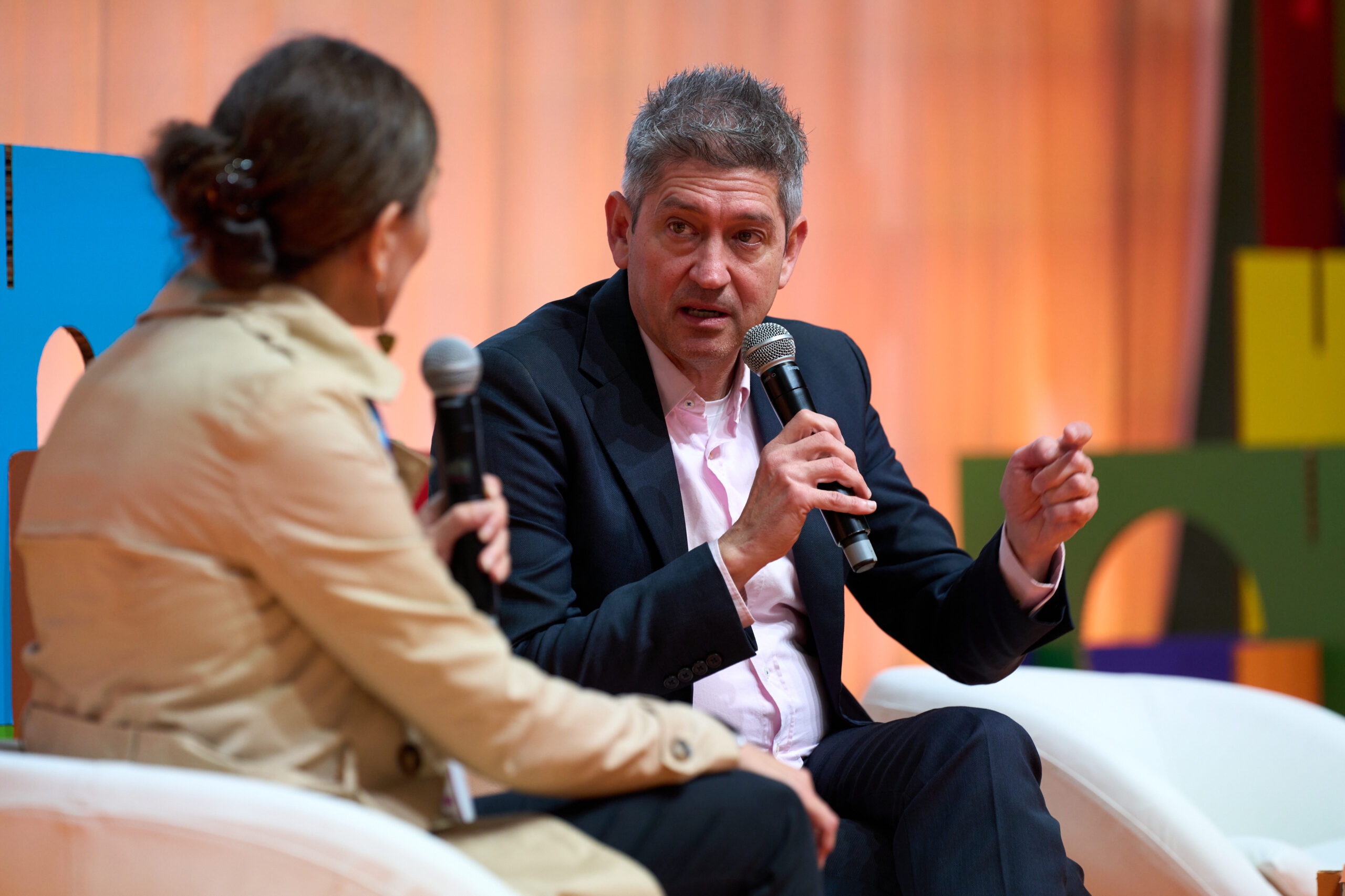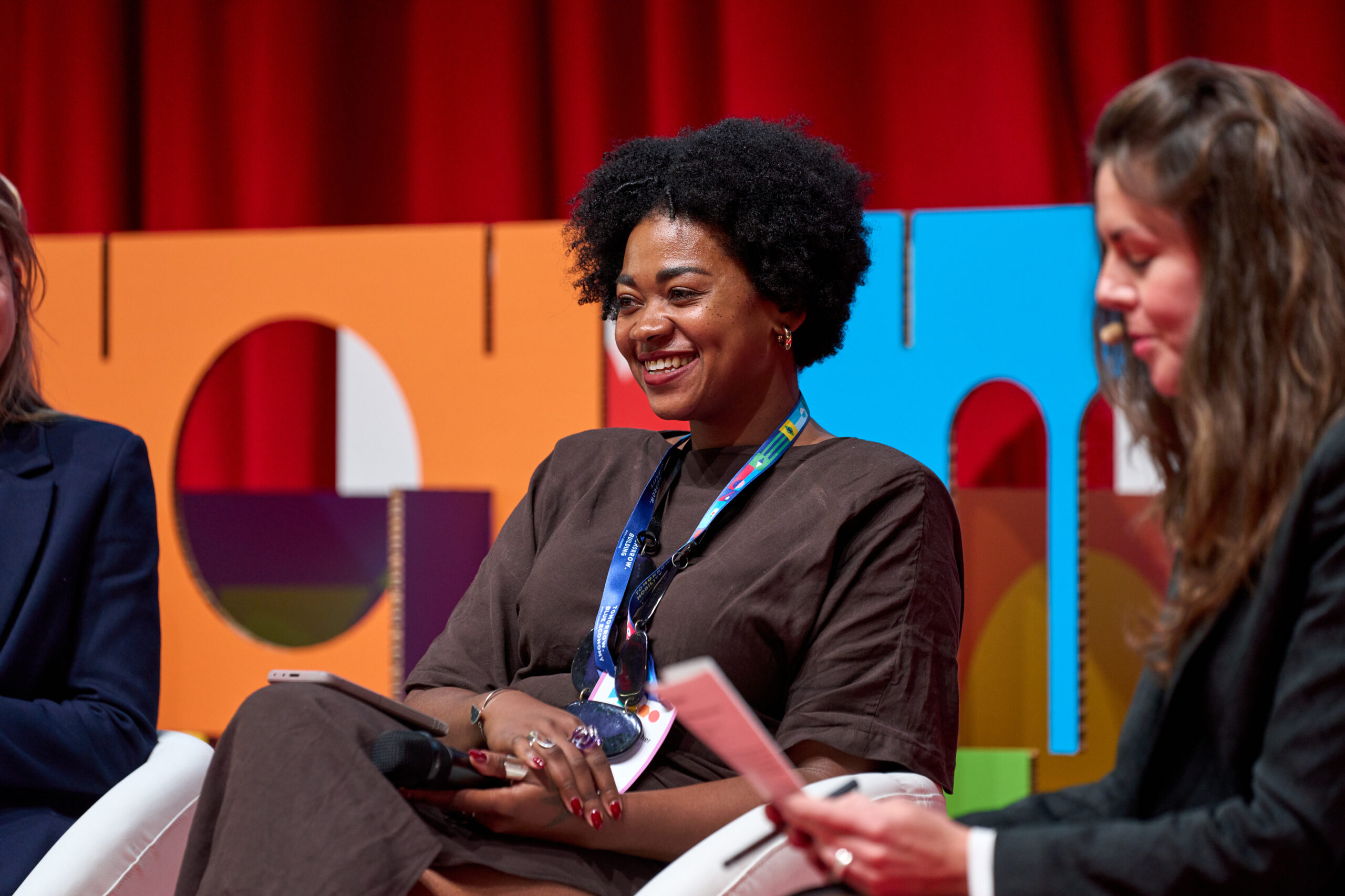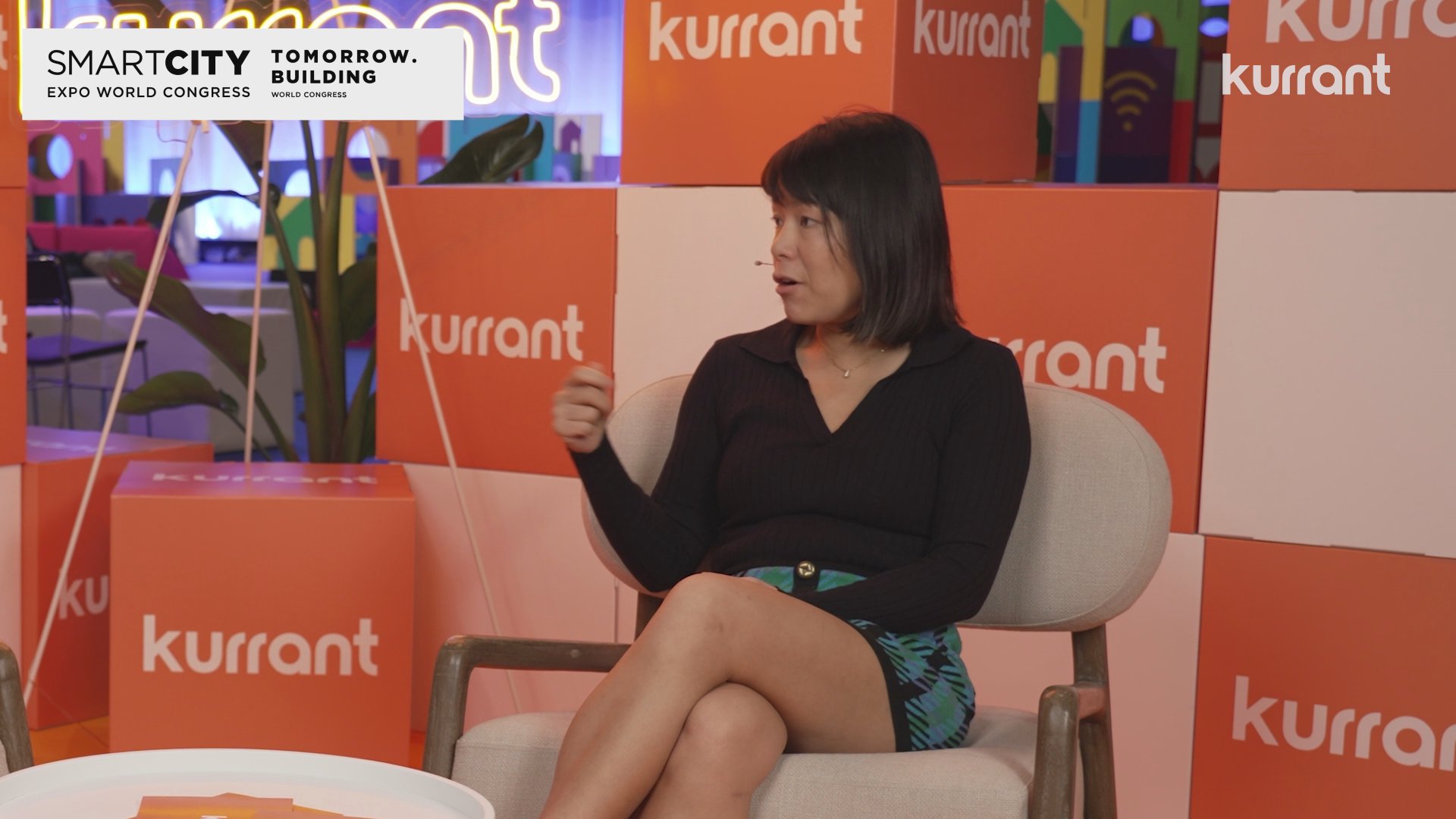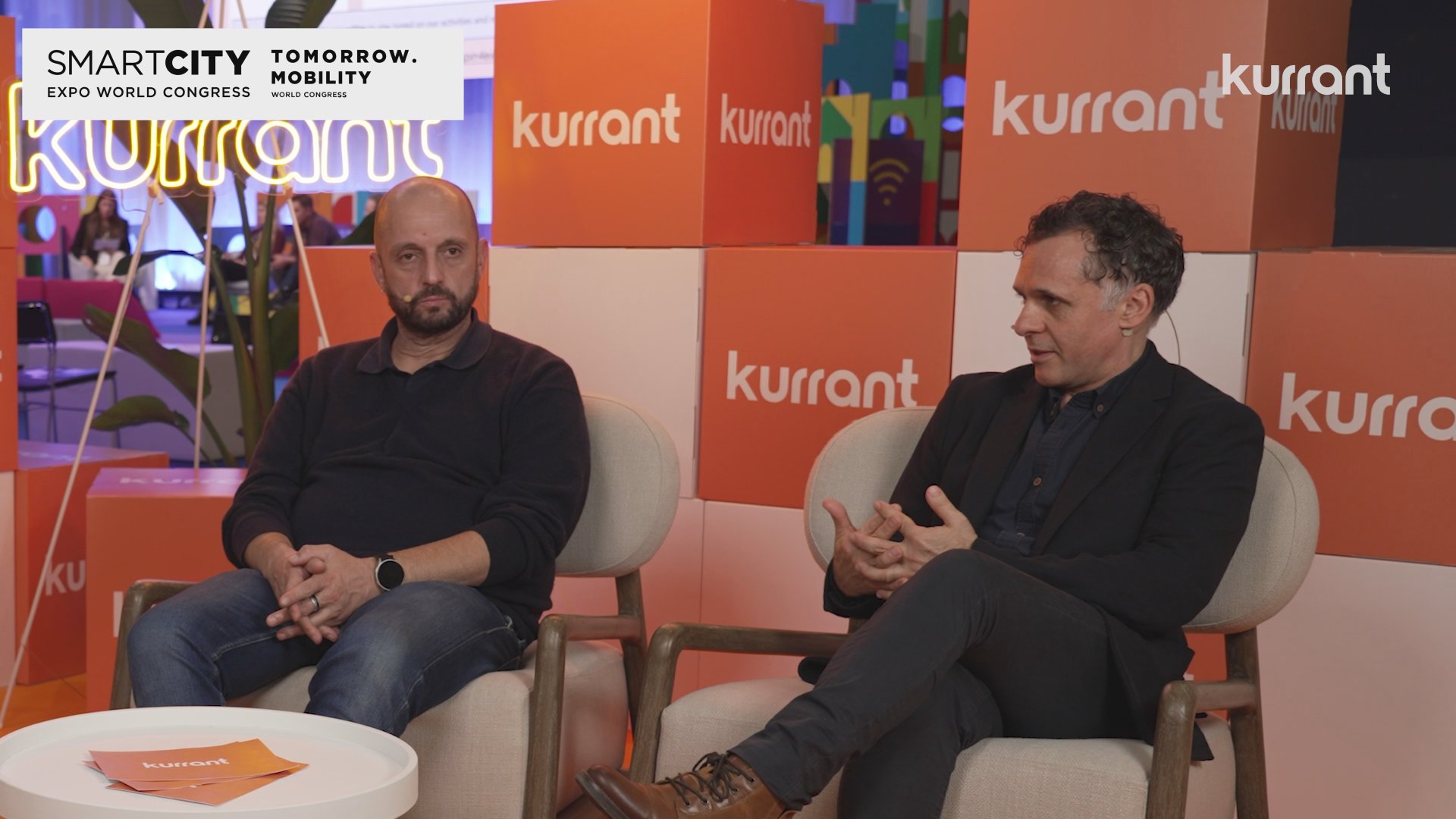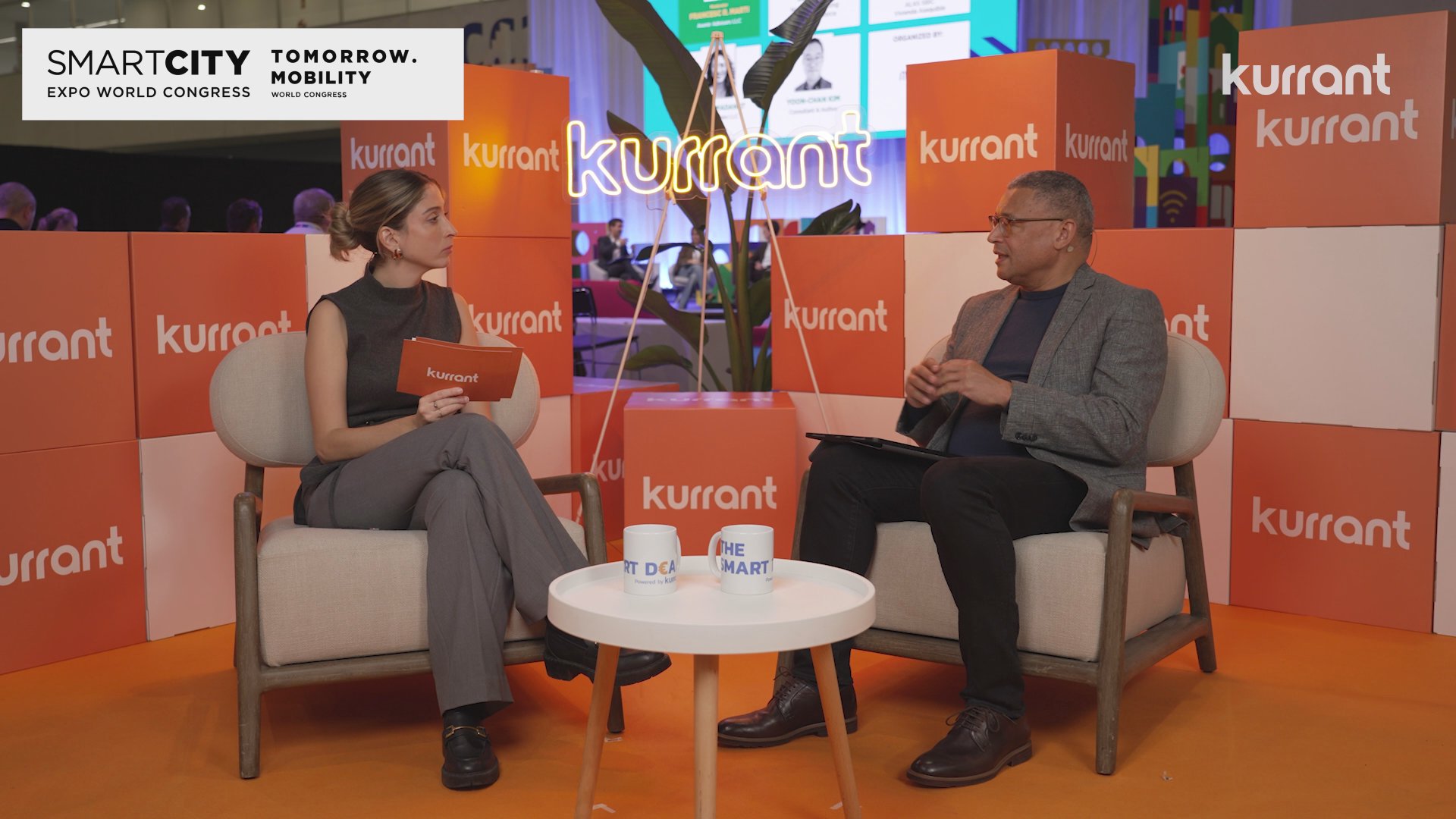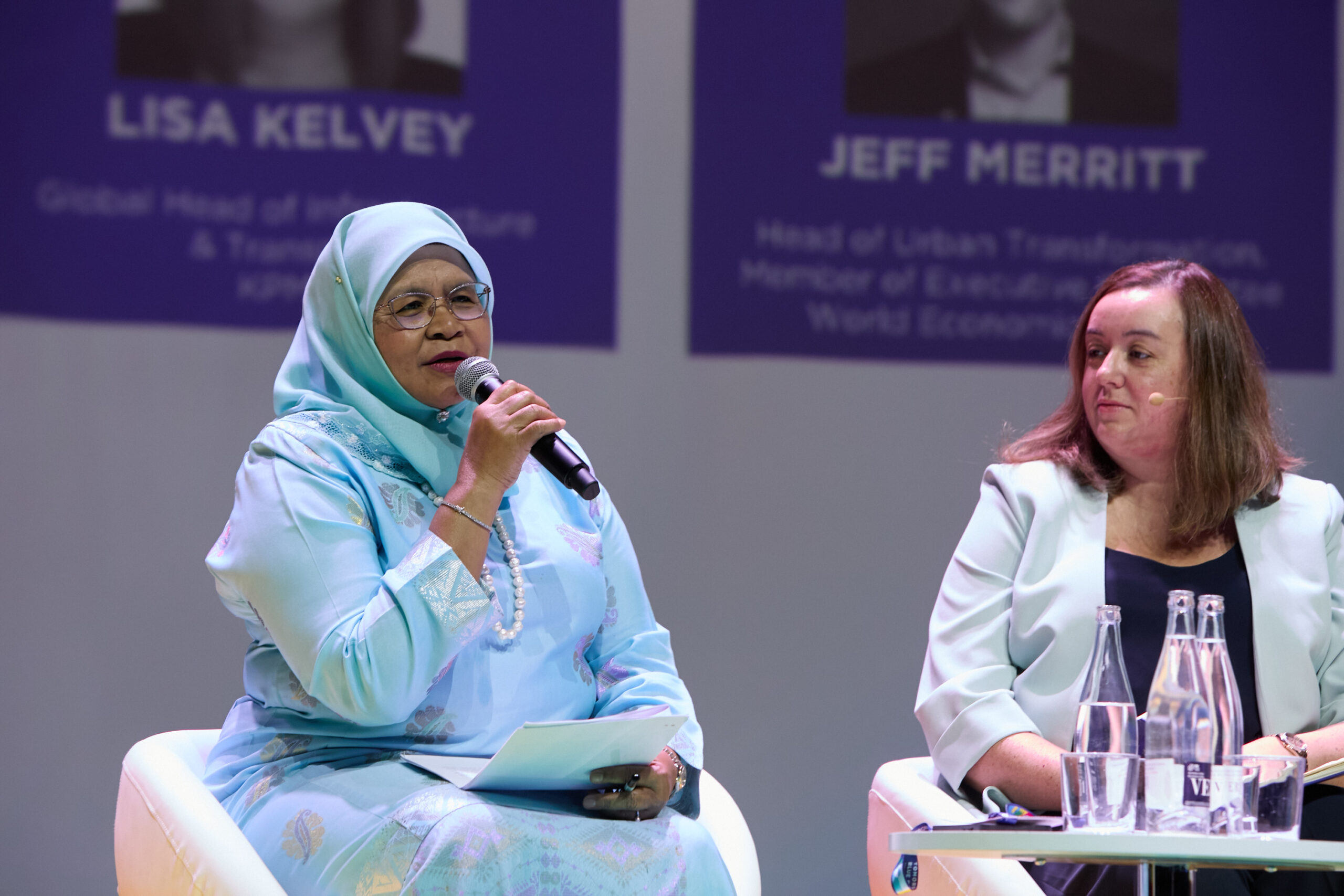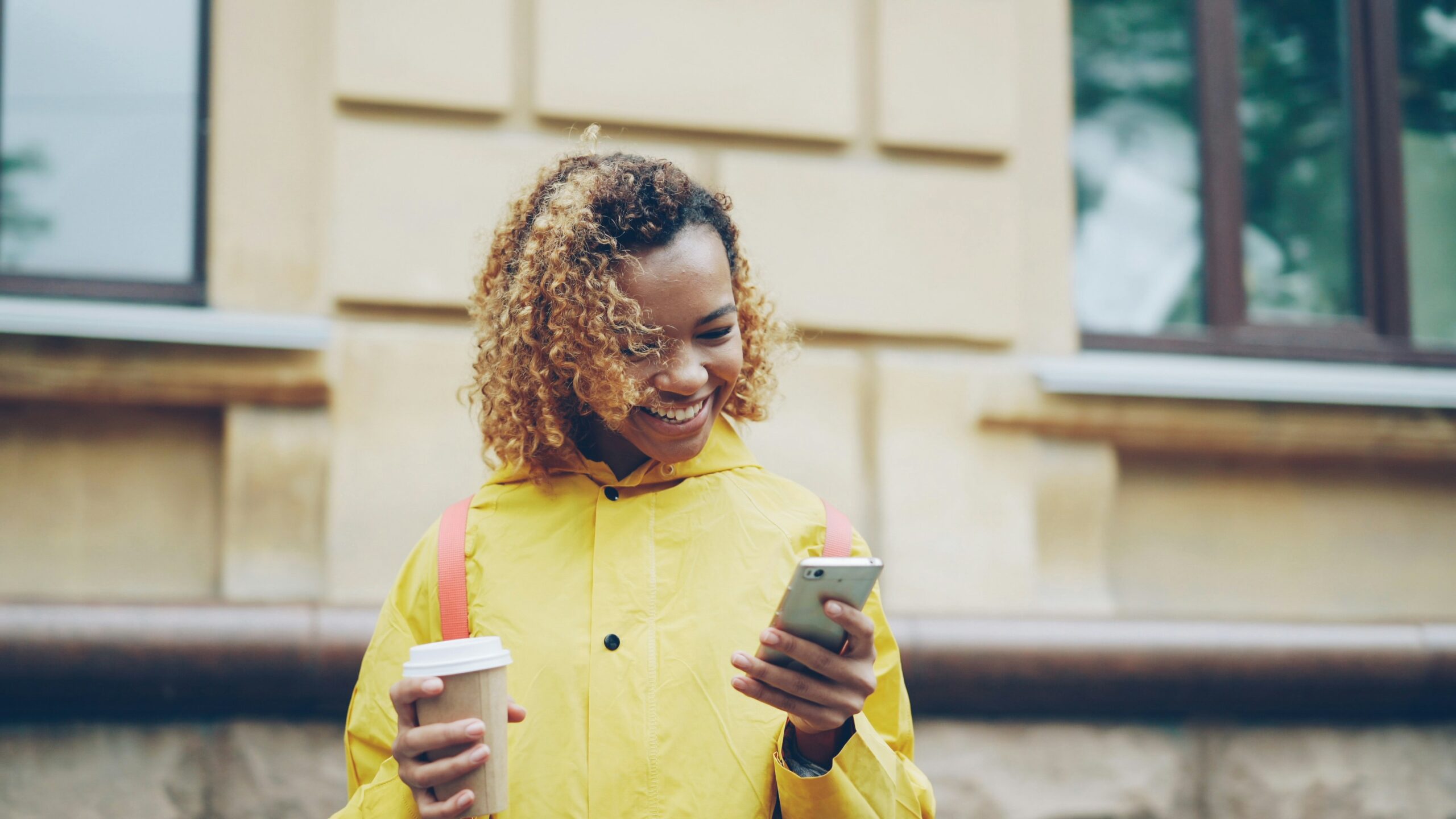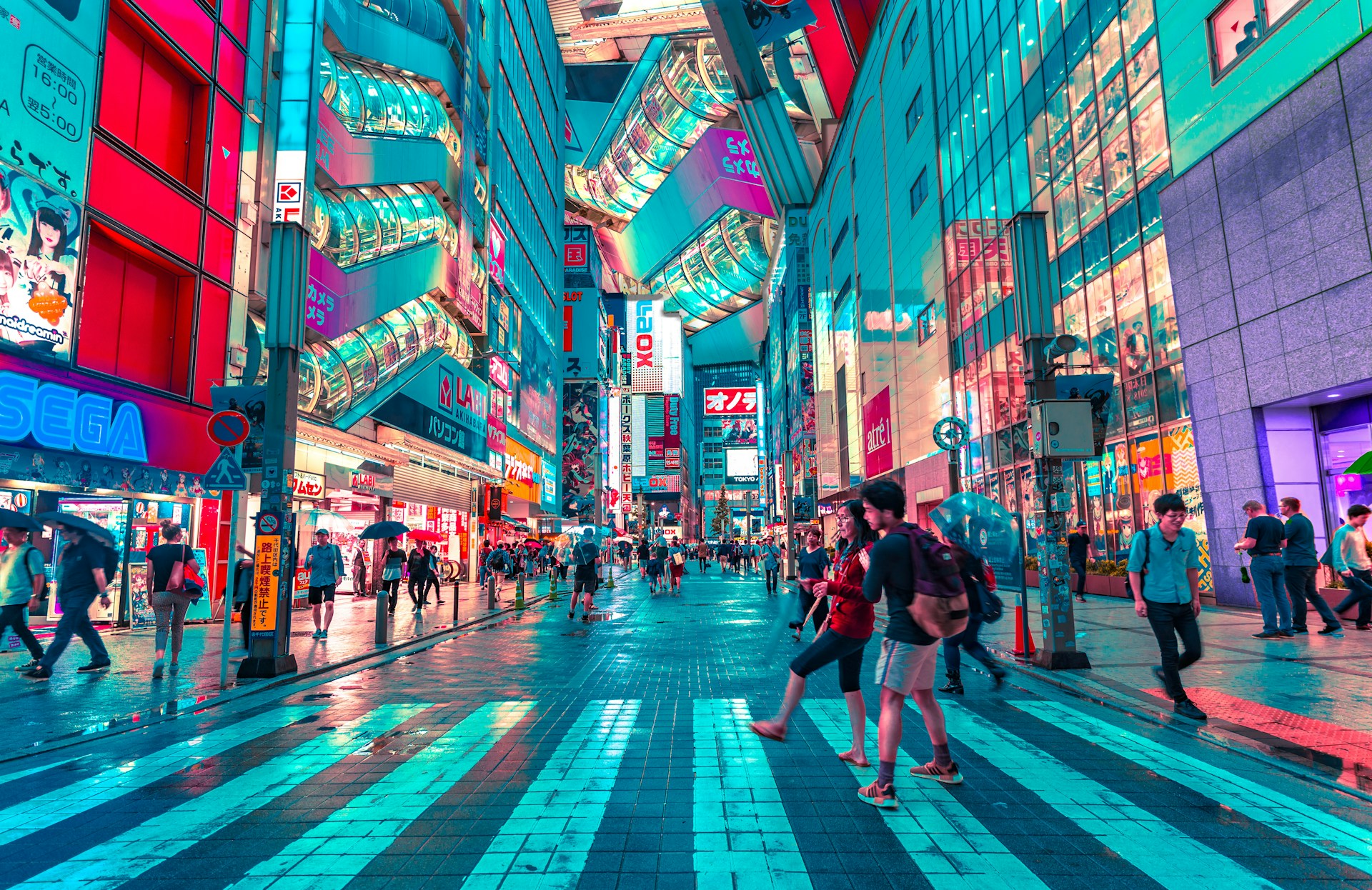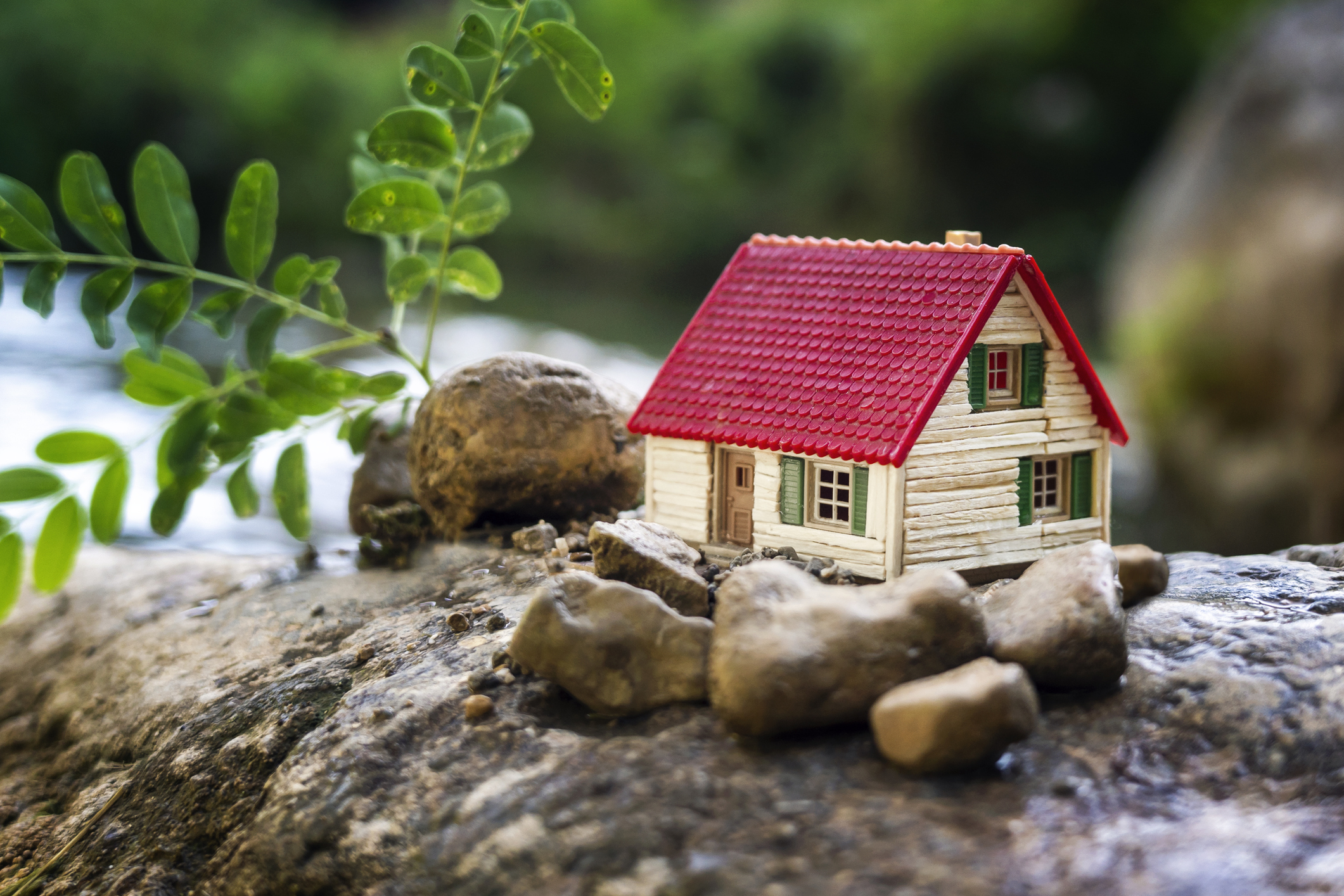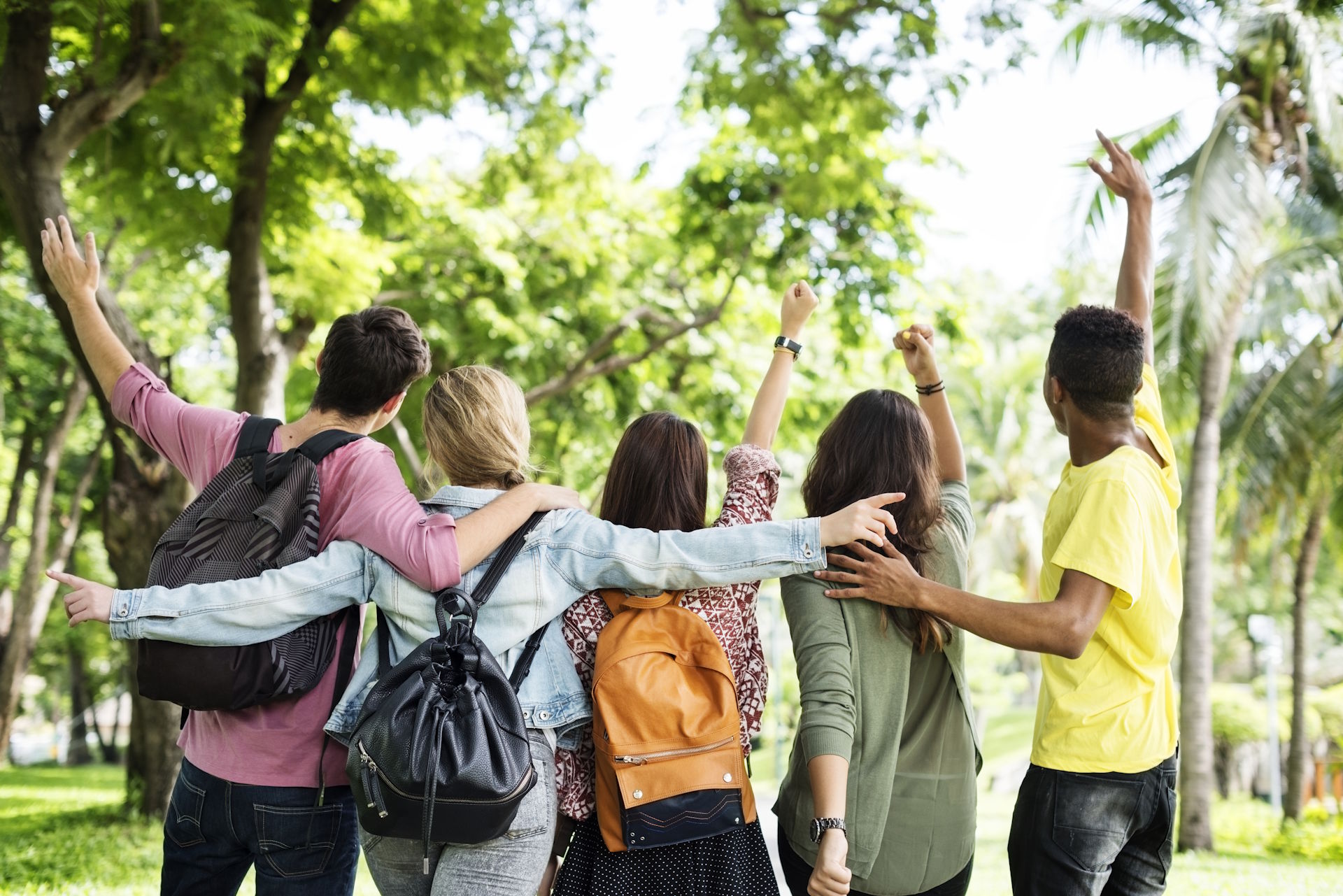Author | M. Martínez Euklidiadas
The pandemic has changed a significant number of human interactions, which have moved to the digital world. Will we manage to take advantage of the lockdown experience to build more human urban settlements that cater for more people, companies and associations? Will cities be different after this event?
“We have two asumptions. One: 2021 will not be radically different to 2020. We believe that every business, large and small, will feel the impact of the pandemic. And two: every city will and must find their challenges and assets, so they can create a new identity” — Sandra Baer
Sandra M. Baer, CEO of Personal Cities, a company dedicated to imagining what cities should be like and which aims to unify habitability criteria in order to make communities safer, more prosperous and happier. And that inevitably involves an inclusive recovery based, among other factors, on strengthening trust among people, by closing gaps.
“What do we really mean by an inclusive recovery? How can we really listen to all the voices? I think that is the challenge in cities, before COVID-19 and now” — Sandra Baer
It is important to begin new debates in order to analyze the way in which we design cities, embracing useful technology and making it accessible to people. This also involves a more effective form of active listening and citizen collaboration than we know today, because there has not been a debate on decisions such as: “Do we want to work from home?”
“We should be asking those difficult questions. What about ‘COVID-30’? How do we prepare for it?” — Sandra Baer
Follow the Tomorrow.City podcast to keep up-to-date:
Image | Juja Han
